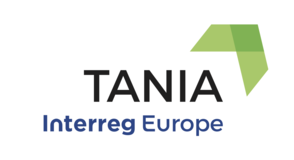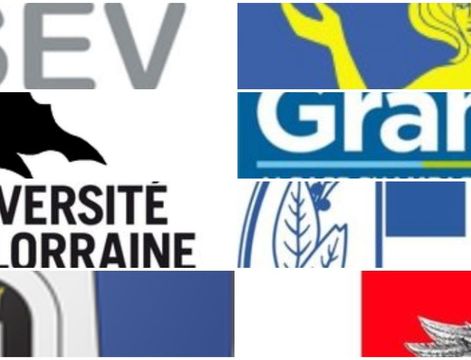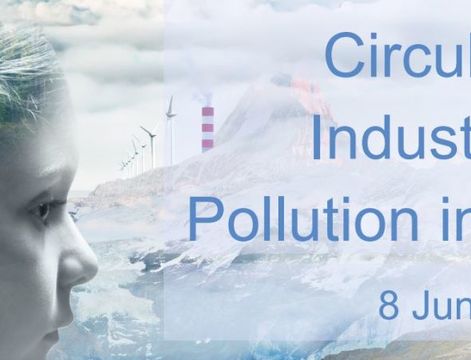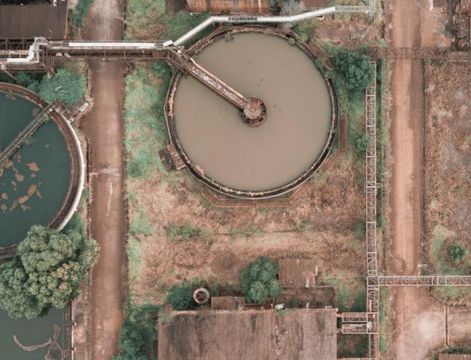During October 2022, the partners participating in the fifth call of the TANIA project eventually finalised the 'Fate of SARS-CoV-2 in urban soils - consequences for public policies', a scientific, but also policy-driven document, which undoubtedly represents a fundamental step towards the goals set in the project's additional activities.
The paper investigates the relationship between urban soils and particularly dangerous viruses such as SARS-Cov-2. Through this work, the aim is to understand if and how, from urban soil, the virus can reach people. In this specific case, data are indeed still scarce.
Understanding the fate of viruses such as SARS-CoV-2 in urban soils requires knowledge of the processes and mechanisms that lead to its presence in soils. In fact, the aim of this report is not to produce a comprehensive literature review on the fate of SARS-CoV-2 in soils but to shed light on the main processes that control the fate of the virus in urban soils, to contribute to the understanding of the whole phenomenon and to provide information on risk assessment.
Hence, subsequently proposing practical recommendations for public policy for appropriate management of urban soils in the context of a pandemic or, more generally, to reduce the risks of contamination of citizens by pathogens from urban soils.
This, in a nutshell, is the objective set by the TANIA partners participating in the fifth call.












